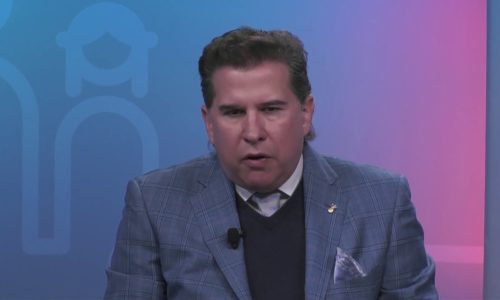Pregnancy at an Older Age | Health Insiders
More people are having difficulty getting pregnant at a later stage. Physicians consider advanced maternal age around the age of 35 and up.
Dr. Karen Salazar-Valdes, Obstetrician and Gynecologist with Baptist Hospital of Miami, also says as people get older, certain problems can happen such as the baby is going to be born OK or if there will be a chromosome anomaly. She always advises consulting with a specialist.
Transcript
Education is always the key getting education from the right resources is always important not to go to Dr. Google you’re the best resource right for the for the educational opportunities there another common concern is as women put off pregnancy to a little bit of an older age can we talk a little bit about that and and common concerns of that clock like Marissa Tomei in that famous movie that I know you didn’t see you’re younger than I am but anyway common concerns that begin to creep up on older patients that are getting pregnant. Number one the biggest concern is can I get pregnant at a later age so I get tons of questions and I said down with many women trying to get pregnant but so one of the issues is that more and more people are having difficulty getting pregnant at a letter later stage late 30s early 40s so they end up going to do reproductive assistance like IVF so a la the beginning of pregnancy has a lot of anxiety we consider advanced maternal age around the age of 35 and up basically and with the is there a huge difference between 34 and 35 no but 35 is kind of the mark that we said for for this advanced maternal age and as we get older there are certain problems that can happen the one and everybody’s the number one it’s my baby gonna be okay am I gonna have a chromosomal anomaly and the answer is that as you get older we’re born with all our eggs and when we wait to have kids and I’m like later in life those eggs have been hanging out a little bit longer and have time a little bit more time for the DNA to change so because of that we’re at a higher risk and obviously as we dive into our 40s that chance increases to even one in 25 women in mid-40s and which is a big deal And these are things that are obviously impossible to predict.












